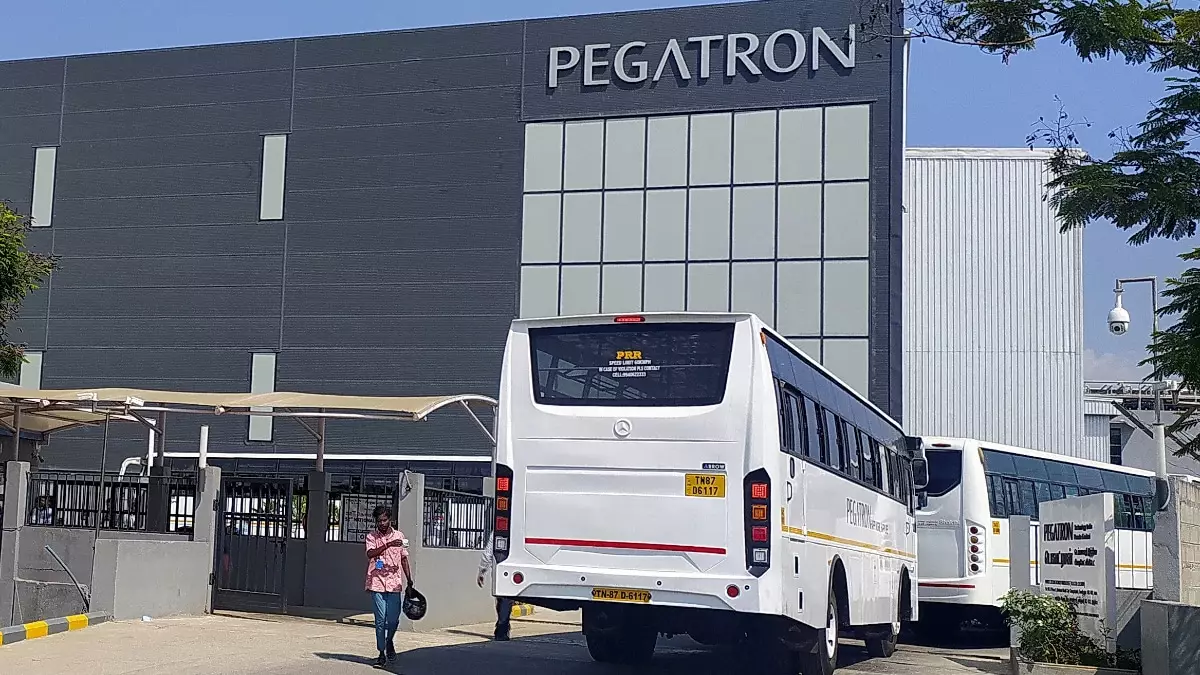The recent fire incident at Tata Group’s component manufacturing plant in Hosur, Tamil Nadu, presents a significant setback for Apple’s supply chain, just as the lucrative festive sales period approaches in India. The fire has led to the suspension of production at the facility, which is a pivotal source for iPhone back panels and other components used by Foxconn, Apple’s primary contract manufacturer in the region. This event raises pressing concerns regarding the immediate and long-term implications for Apple’s operational capacity in one of its key emerging markets.
Immediate Impact on Production and Supply Chain
The blaze at the Tata facility halts production indefinitely, which could severely hinder Apple’s ability to meet anticipated demand for its iPhone 14 and 15 models during the important Indian festive season. Counterpoint Research has projected that sales of these models could reach 1.5 million units in the lead-up to this festival. However, the fire could restrict Apple from fulfilling as much as 15 percent of the expected demand, creating a supply gap that may frustrate potential buyers.
Neil Shah, co-founder of Counterpoint, highlights that the shortfall may result in a 10-15 percent dip in production levels across older iPhone models sourced from India. While Apple has the option to ameliorate this disruption by importing components or re-routing export inventories toward the Indian market, such measures may not fully compensate for the lost output due to the fire.
Fortunately for Apple, suppliers are typically equipped with a safety stock, which can cushion the immediate impacts of production halts. According to Counterpoint’s reports, there is usually a three- to four-week supply of back panels. However, due to optimized inventory practices, it is estimated that Apple may have enough stock to sustain operations for as long as eight weeks.
Despite this short-term buffer, continuous production halts risk leading to substantial longer-term ramifications. Should the production suspension prolong beyond current estimates, Apple may need to pivot quickly to establish alternative assembly lines in China or increase operations there to maintain a steady supply for the Indian market. This would signify an urgent response to the emerging challenges posed by disruptions in the supply chain.
Beyond the implications for Apple, the fire incident puts a spotlight on the broader challenges faced by India’s electronics manufacturing sector. Prime Minister Narendra Modi’s “Make in India” initiative aims to draw foreign capital and bolster domestic production capacities. However, incidents of fires at supplier locations further complicate these aspirations, indicating systemic vulnerabilities in the industry.
Previous incidents involving suppliers such as Foxlink and Pegatron have demonstrated that fire safety measures and operational efficiency need to be prioritized. These incidents, coupled with labor unrest affecting other contractors like Wistron and Foxconn, underscore the urgency for the Indian government and manufacturers to intensify safety protocols and operational standards.
Analysts remain cautiously optimistic regarding Tata’s emerging role as a vital player within Apple’s supply chain in India. With an estimated contribution of 20-25 percent to total global iPhone shipments by year-end, up from 12-14 percent last year, Tata is positioned to play a significant role in Apple’s plans for diversification beyond China. The facility affected by the fire is notably responsible for employing around 20,000 workers, and the revival of operations will be crucial not only for economic sustenance in the local community but also for the health of the supply chain.
Furthermore, Tata is set to begin producing complete iPhones at another unit in its complex later this year. The lasting implications of the recent fire on this timeline remain uncertain; however, the incident should serve as a wake-up call for both Tata and Apple to reinforce operational contingencies and supply chain resilience in the face of potential future disruptions.
As Apple continues its journey in India, the lessons learned from this tragic event could prove fundamental in determining the long-term success of both the tech giant and its local suppliers.



Leave a Reply